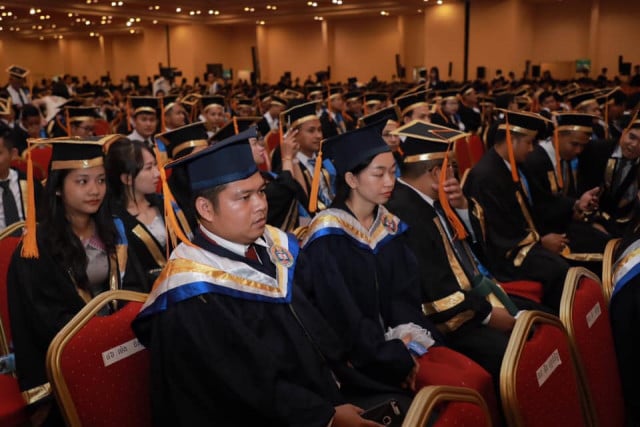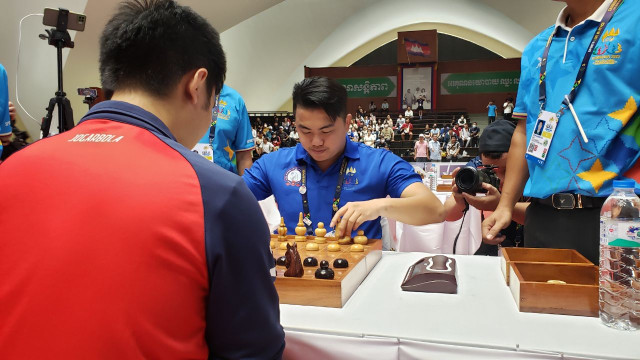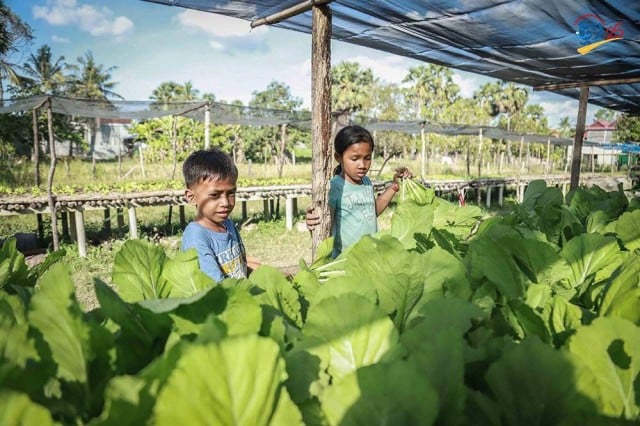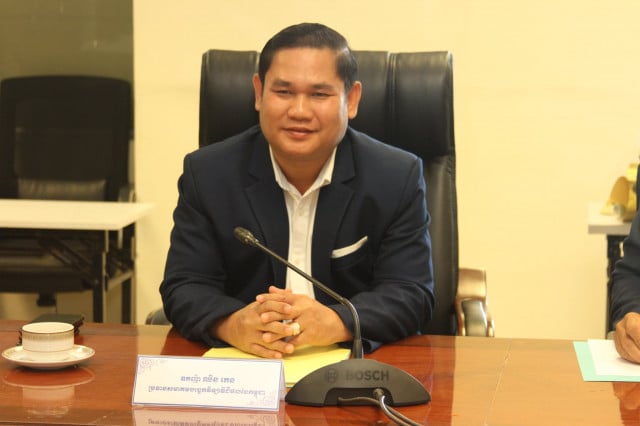Steps to Promote Academic Research in Cambodia

- Kimkong Heng
- March 20, 2021 9:24 AM
Promoting academic research activities in Cambodia is particularly challenging. Not only is there a distinct lack of a strong research culture, but there is also limited public interest in research. This is not to mention the inadequacy of technical, financial and intellectual resources needed to support research, both applied and academic research. This short article examines Cambodia’s relatively low research performance and suggests ways to nurture the development of a striving research culture in the country.
Cambodia’s Research Performance
Previous research studies have indicated that research capacity of Cambodian universities and their academics are underdeveloped. Moore (2011) noted the struggle to develop a research culture in Cambodia, while Kwok et al. (2010) argued that research was not considered a core mission of Cambodian universities. A survey by Eam (2015) found that 65% of 444 Cambodian lecturers sampled from 10 universities did not involve in any research within the last five years before the survey. Kitamura et al.’s (2016) survey revealed similar findings, that is, research engagement of Cambodian lecturers was limited.
Likewise, bibliometric analyses have also shown low research productivity of Cambodian lecturers and researchers. An analysis by Nguyen and Pham (2011), for example, found that Cambodia was one of the countries in Southeast Asia that had the lowest research productivity. Other countries in this group included Brunei, Laos and Myanmar. A more recent bibliometric analysis by Barrot (2017) showed similar results. Cambodia was ranked 8th among the 10 ASEAN countries when it came to research output in the field of language and linguistics.
The author’s analysis of publications emanating from Cambodia that are indexed in the Scopus database within the past decade (2010-2019) confirms results of previous studies. For instance, with a total of 3,521 Scopus-indexed publications, Cambodia was ranked 8th out of the 10 Southeast Asian countries, slightly leading Myanmar with 3,039 publications and Laos with 2,364 publications. Malaysia with 277,866 publications over the last 10 years was ranked first, Thailand (143,507 publications) ranked fourth and Vietnam (53,907 publications) ranked sixth in the region (see Figure 1).

Figure 1. Number of Scopus-indexed publications of ASEAN countries (2010–2019). Source: Author’s bibliometric analysis of the Scopus database conducted in June 2020 (see also Heng, 2020a)
In terms of other research-related performance, Cambodia lags behind most of its peers in the region. The country’s innovation capacity was ranked 102nd of out of 141 countries in the 2019 Global Competitiveness Report (World Economic Forum, 2019). This ranking was behind Malaysia (ranked 30th), Thailand (50th) and Vietnam (76th). Additionally, Cambodia’s research and development performance was ranked 121st out of 141 countries, considerably lagging behind Thailand (56th) and Vietnam (72nd).
Meanwhile, Cambodia has no university listed in Times Higher Education’s 2020 World University Rankings, while its neighbours such as Thailand and Vietnam have 16 and three universities, respectively. In fact, Cambodia was among the only three countries in Southeast Asia (including Laos and Myanmar) that has no university listed in the 2020 World University Rankings.
Steps to Promote a Research Culture in Cambodia
As Cambodia aspires to become a knowledge-based society and an upper middle-income country by 2030, it needs to step up its education system as well as its research and innovation capacity. The country must find innovative solutions to address the limited research capacity of its higher education institutions (HEIs) and academic staff. To develop a strong research culture and promote academic research, the following steps may be considered.
First, Cambodia needs to consider various factors that influence the extent to which academics involve in research. Heng et al. (2020) show that there are various factors that influence academics' research engagement and productivity. These factors can be grouped into three different levels: national, institutional and individual. At the national level, various factors play fundamental roles; however, research policies are considered most vital to the development of research in developing societies such Cambodia. So far, there are a number of policies that Cambodia adopts and implement to promote research (see Heng, 2020b), yet the effectiveness of the implementation of these policies is still an issue. Some policies and initiatives could not develop a research culture that is self-sustaining as most research activities appear to be seasonal and rely heavily on the availability of research funds. Moreover, there is a lack of genuine interest and strong commitment on the part of academic staff who have to focus on income-generating activities such as teaching extra classes to earn extra income to support their families (see Ros & Oleksiyenko, 2018). Research is not prioritized, to say the least.
Second, policies and mechanisms to encourage research activities need to be developed and implemented by Cambodian HEIs, particularly leading ones. Efforts made by the Ministry of Education, Youth and Sport alone will not succeed. Active participation and collaboration from all stakeholders, particularly HEIs, are required to foster the development of a strong research culture in Cambodia (see Heng, 2020c; Nhem, 2020). One way that Cambodian HEIs can do is to rethink its recruitment and promotion policies. Research engagement or research performance of academics must form a major component in their performance appraisal or academic evaluation scheme. Research-engaged academics need to be recognized, rewarded and treated in ways that empower them to put in extra efforts and commitment to intellectual endeavors such as research and scholarly publication. There needs to be some sort of distinction (e.g., academic titles) between teaching-oriented and research-focused academics.
Third, all efforts and initiatives by the government and educational institutions may be in vain if academics who are the key actor in prompting research do not see value in research. In fact, academics need to be convinced of the significance of research and the impact that research can have on their professional development and advancement in society. Heng (2020d) observed that individual academics had vital roles to play in promoting research in Cambodia. They can share research knowledge and skills to their students and colleagues. They can make greater efforts to consistently talk about research, actively engage in research and share research findings in seminars and conferences to inspire others to take up research activities and to instill research interest into their students, colleagues and the general public. They can also go the extra mile to be a research mentor, advisor, and/or collaborator to support those who are interested in research but lack the necessary skills to conduct research.
Overall, to develop a strong academic research culture in Cambodia, all stakeholders need to work independently and collaboratively to create national and institutional environments that are conducive for research to grow and prosper (see Heng & Rautakivi, 2020; Kwok et al. 2010). National research policies that are based on fair and transparent promotion mechanisms, a culture of meritocracy, and strong research performance are needed, so is the effective implementation of these policies. Research policies and promotion schemes at the institutional levels are also vital and must be in place to motivate and push academic staff to commit to research and other intellectual activities. Individual academics also needs to increase their research engagement activities and improve their research leadership by being more agentic and active in their research endeavors. No doubt, the more research activities and output they can demonstrate despite the many structural constraints, the better chance Cambodia has of developing a vibrant research culture and enhancing its competitiveness in the global knowledge-based economy.
Heng Kimkong is an Australia Awards scholar pursuing a PhD in Education at the University of Queensland, a Visiting Senior Research Fellow at Cambodia Development Center and a co-founder of Cambodian Education Forum.















